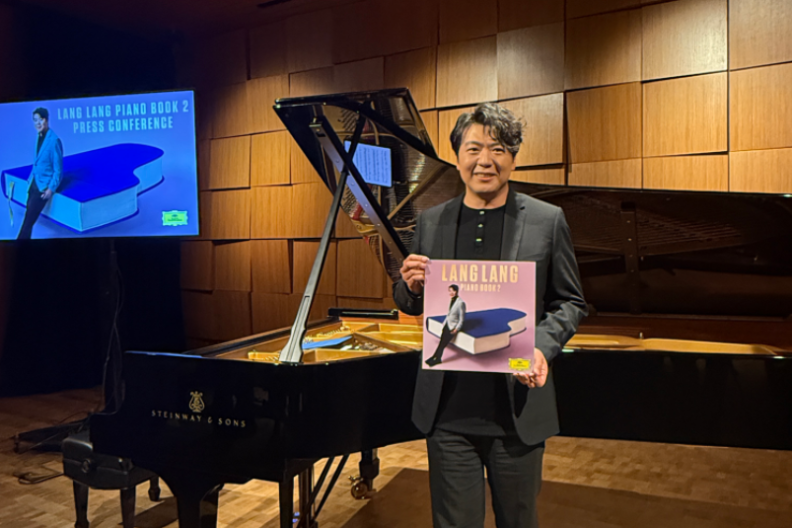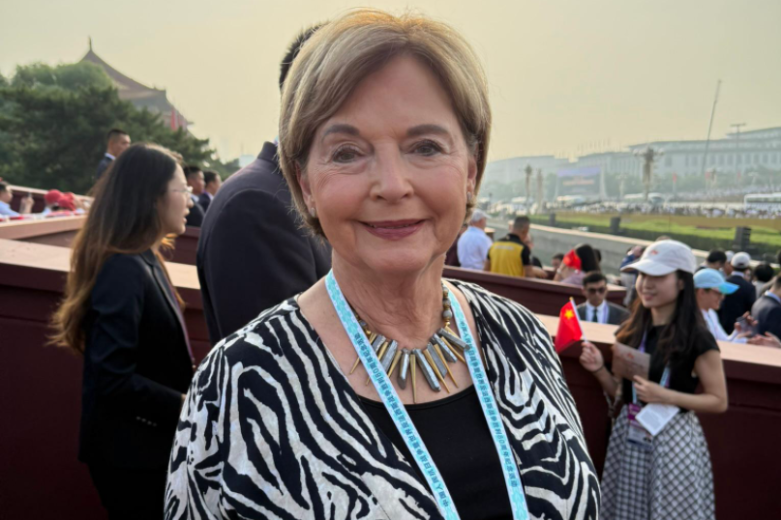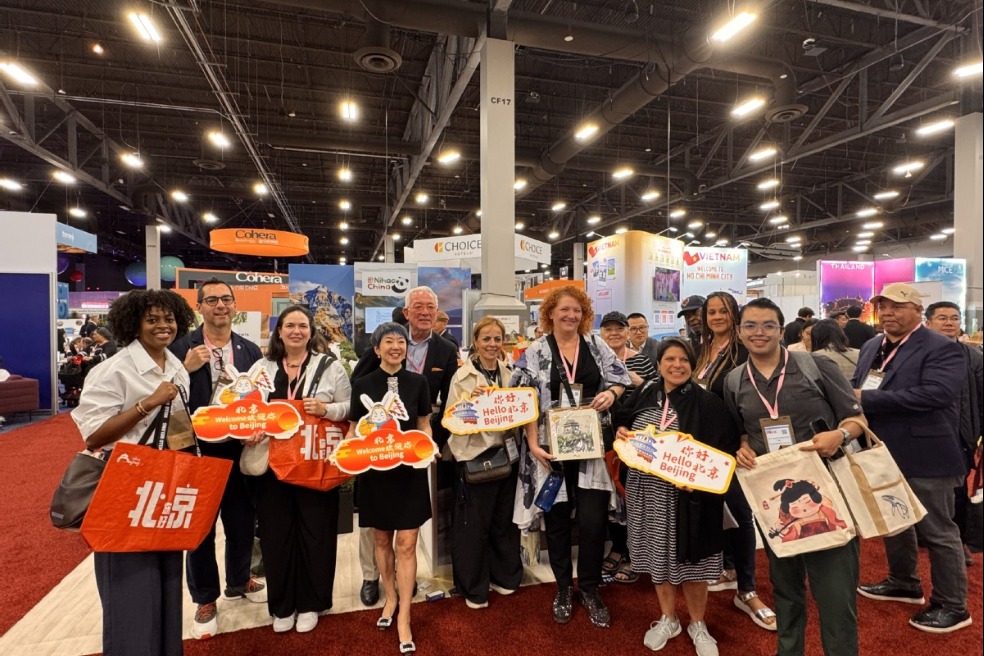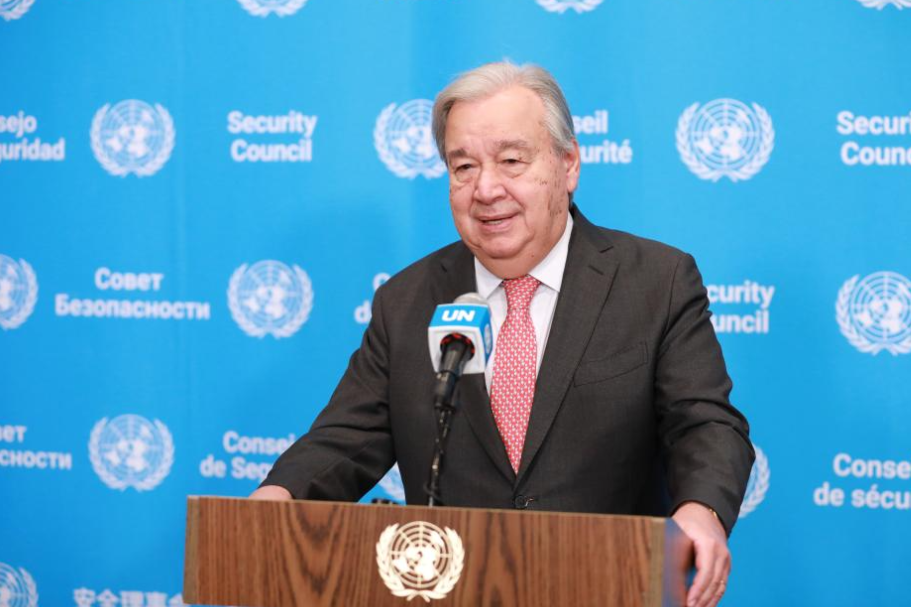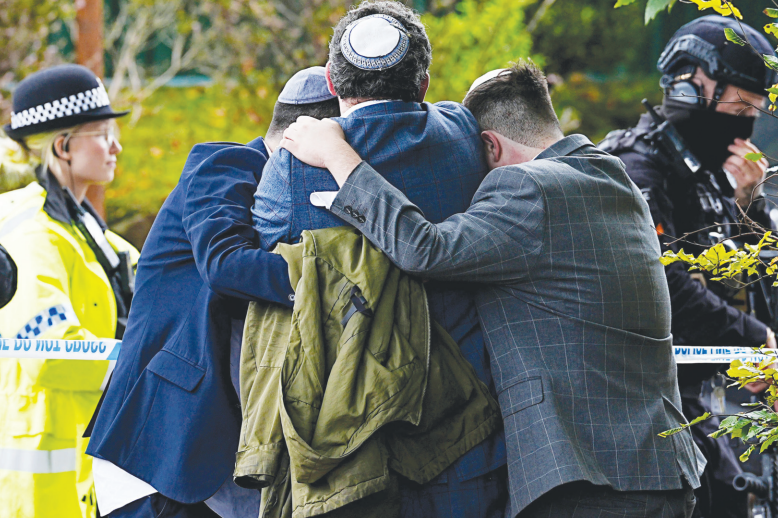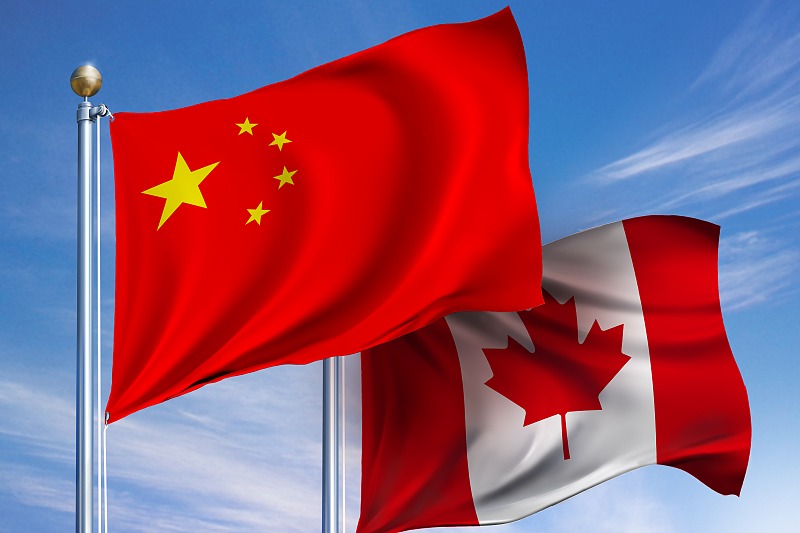New memorial park honors WWII Nanyang Volunteers

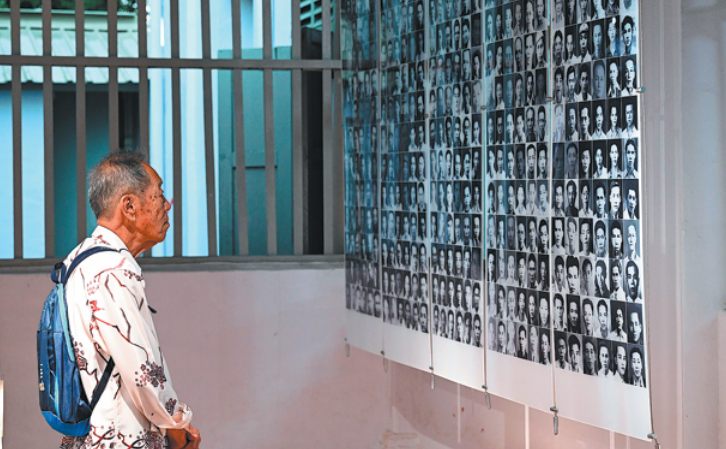
KUALA LUMPUR — A memorial park commemorating the Nanyang Volunteers — overseas Chinese drivers and mechanics who returned from Southeast Asia during the Chinese People's War of Resistance Against Japanese Aggression — officially opened to the public in Kuala Lumpur on Thursday.
The park, named the Nanyang Volunteer Drivers and Mechanics Memorial Park, features an earthen ring wall engraved with the names of over 3,000 members. Its tiered pathways and winding design were inspired by the "24-Zig" section of the Burma Road, symbolizing the courage and resilience of those who once traversed it.
The park, initiated and built by the Association of Kwong Tong Cemetery Management Kuala Lumpur, also features a memorial hall which houses historical artifacts, photographs and personal letters that vividly recount the volunteers' dedication and sacrifice.
"History must not be forgotten, and the truth should be remembered," said Yong Pock Yau, chairman of the Association of Kwong Tong Cemetery Management Kuala Lumpur. "We hope the park and the hall will inspire the youth to learn about this history and uphold the values of peace and justice."
Inside the memorial hall, faded photographs and newspaper clippings tell the stories of the Nanyang Volunteers, enduring treacherous mountain roads, enemy air raids and diseases. More than 1,000 lost their lives.
Chinese Ambassador to Malaysia Ouyang Yujing said in his remarks that the Nanyang Volunteers braved life and death, making an indelible contribution to the victory of the Chinese People's War of Resistance Against Japanese Aggression and the World Anti-Fascist War.
"We shall forever remember their heroic deeds in our hearts and inscribe them in the annals of humanity's just cause," he said.
For descendants of the volunteers, the event was deeply personal. How Hwee Bee, granddaughter of patriot Hau Say-huan (Hou Xifan) — who helped organize the volunteers and perished in 1944 while en route to a school opening in Kunming — said she was moved to see the memorial completed.
"I believe it was this profound love that made my grandfather resolutely return to China and devote everything to the cause," How said. "The more we live in times of peace, the more we must cherish this history and the patriotism behind it."
Xinhua
















